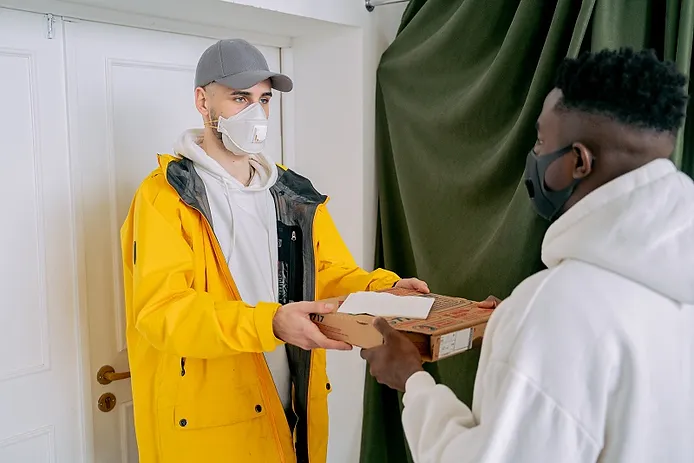The COVID-19 pandemic reshaped the world in ways few could have imagined. What began as a public health emergency in 2019 quickly evolved into a global crisis that touched every aspect of daily life—mental health included. For many, the trauma of the pandemic lingers even years after the initial outbreak.
From prolonged isolation and fear of illness to grief, job loss, and disrupted routines, the emotional toll has been significant. If you’re still struggling to process the effects of the pandemic, you’re far from alone—and healing is possible.
How COVID-19 Caused Widespread Psychological Trauma
The sudden onset of the pandemic forced people into unfamiliar routines overnight. Public spaces emptied, schools and offices closed, and social lives were paused. For many, this isolation led to:
-
Increased anxiety and depression
-
Loss of in-person social support
-
Chronic stress from working or parenting at home
-
Grief from losing loved ones
-
Heightened health paranoia or hypochondria
-
Post-pandemic adjustment disorder or PTSD symptoms
Even as the world returned to a sense of “normal,” many continued to struggle with lingering trauma. The fear of reinfection, new COVID variants, and long-term health risks added ongoing pressure—especially for those who experienced personal loss or significant disruption.
Signs You May Still Be Experiencing Pandemic Trauma
You might be experiencing trauma-related symptoms from COVID-19 if you:
-
Constantly worry about getting sick, even after being vaccinated
-
Avoid public spaces, travel, or gatherings due to fear
-
Feel disconnected or isolated from others
-
Experience frequent sadness, irritability, or hopelessness
-
Struggle to return to pre-pandemic routines
-
Avoid news or obsessively consume pandemic updates
-
Continue to grieve the loss of loved ones or financial stability
These feelings are valid—and more common than you may realize.
Reflecting on Your Pandemic Experience
If you’re feeling emotionally “stuck” after the pandemic, consider asking yourself:
-
What specific emotions or symptoms am I still experiencing?
-
How long have these feelings been present?
-
What have I tried to do to improve my mental health?
-
Who have I leaned on for support—or have I been isolating?
-
Am I practicing regular self-care? If not, how can I start?
-
What coping skills worked for me before the pandemic? Can I return to those?
-
Would professional support help me move forward?
Writing your answers down or journaling can help make patterns and insights more visible.
Moving Forward: Healing After Pandemic Trauma
You don’t need to suffer in silence. While the trauma of COVID-19 is real and valid, healing is possible—with support and intention. Here are some helpful steps:
1. Reconnect With Others
Even if it’s challenging, re-engaging with community—whether through a support group, therapy, or social events—can help restore a sense of connection.
2. Re-establish Routines
Routine offers stability. Start small by introducing consistent sleep, meal, or exercise habits to help restore structure in your life.
3. Practice Compassionate Self-Care
Taking care of your basic needs—nutrition, rest, movement, and joy—is foundational to emotional healing.
4. Limit News Intake
While staying informed is important, constant exposure to stressful headlines can increase anxiety. Set healthy boundaries with news and social media.
5. Seek Professional Help
Therapists can help process lingering trauma, build resilience, and create a personalized healing plan. If you feel stuck despite your efforts, therapy can offer hope and clarity.
You Are Not Alone
The emotional aftermath of the COVID-19 pandemic is still unfolding. Millions of people continue to live with grief, anxiety, trauma, and uncertainty. But you don’t have to navigate this alone.
If you’re ready to take the next step in your healing journey, therapy can help you process the past and move forward with confidence and clarity.
Need support coping with pandemic-related trauma?
At 3CS Counseling Center, our licensed therapists provide trauma-informed care tailored to your needs. Whether you’re facing anxiety, grief, or a sense of emotional numbness, we’re here to help you heal.


